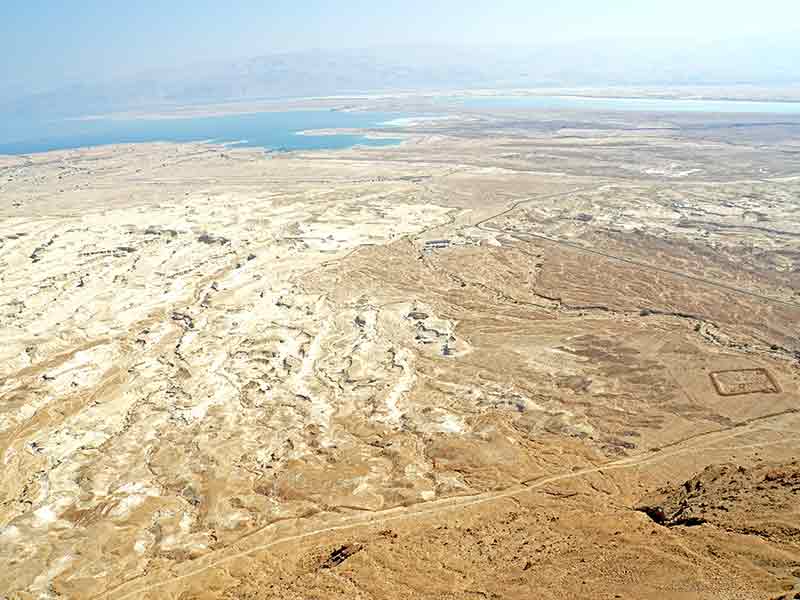The time has come to tell the world that Israel’s so-called occupation is the big lie of our age. The term “occupation” is meant to signify larceny, theft of others’ property, abuse of the “other,” cheating, immorality. But the truth is that Jews are not guilty of these crimes. Indeed, Jews cannot be occupiers of the biblical lands, which include present-day Israel, Judea, Samaria and some of Jordan. Jews are, in fact, the extant aboriginal people of this land and have international legal rights to this territory.
What defines Jewish indigenousness is the consistency of modern Jews with their ancestors of thousands of years ago. They live in a country with the same name – Israel – as that which existed in 1312 BCE. Today’s Israelis speak the same language that was spoken by Jews in that land more than 3,000 years ago. Their Temple can be archeologically located in Jerusalem. And Jerusalem still stands as the centre of Jewish sovereignty, as it did when King David ruled the Jews.
Moreover, despite a series of conquests and expulsions over the centuries, Jews retained and rebuilt communities in Jerusalem, Tiberias, Rafah, Gaza, Ashkelon, Jaffa, Caesarea, Safed and elsewhere. Years before the Zionist migrations began in the 1870s, Jews lived continuously over time throughout the land of Israel.
When the Arabs did conquer and occupy parts of the land, they did so as occupiers of territories previously settled by Jews.
READ: CANADA 150 AND 50 YEARS OF ISRAEL’S OCCUPATION NEED SOBER REFLECTION
As for international law, Israel’s legal position begins after the First World War. The victors – Britain, France, Italy and the United States – convened the Paris Peace Conference of 1919, which led to the creation of the League of Nations, which introduced the mandate system to the Middle East.
The Arabs were granted sovereignty over 96 per cent of the territory, while Palestine was granted to the Jewish People worldwide, as per the recommendations of the Balfour Declaration of 1917, which then became international law.
The map drawn up by the San Remo Conference on April 25, 1920, resulted in the creation of new exclusively Arab states – Syria, Lebanon and Iraq. It also drew the borders of the geographic region hitherto known as Palestine since Roman times, which was designated for the reconstitution of the Jewish national homeland.
Note the decisive language here: it is a reconstitution, not a new entity or the novel creation of a Jewish national home in that territory, which includes both east and west of the Jordan River. (One major alteration occurred in 1922, when the British carved out the Hashemite Kingdom of Transjordan – later Jordan – from the land assigned to the Jews east of the Jordan River.)
This San Remo resolution was later confirmed in the Mandate for Palestine in 1922 and approved by the 52 members of the League of Nations. The acquired rights of the Jewish People to the land west of the Jordan River are preserved in the UN Charter of 1945 and in the 1969 Vienna Convention on the Law of Treaties.
There is therefore absolutely no doubt on the basis of both law and history that Israel cannot be an occupier of any lands west of the Jordan River to the sea. And yet, “occupation” is a very central signal for the Palestinians’ core cultural and political position, namely the rejection of Israel.
Thus, the concept and use of this term is not only a falsehood, but an inhibiter of any chance of peace with the Palestinians, since it is identified with the Palestinians’ refusal to accept the existence of a Jewish state in any part of the land, land that is legally and historically within the rights of the Jews.
Dr. Sally F. Zerker is a professor emerita at York University and academic co-chair of the Canadian Institute for Jewish Research’s Toronto chapter.
